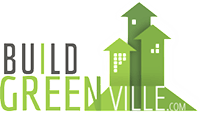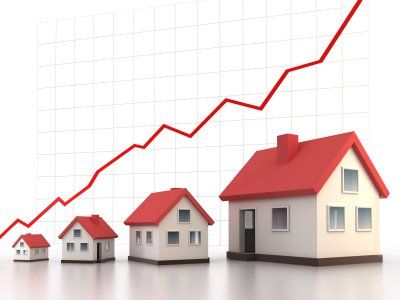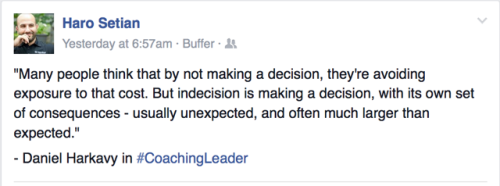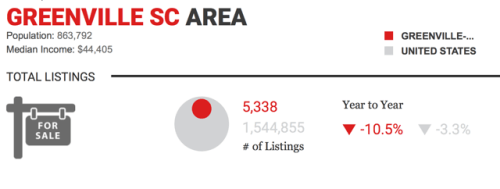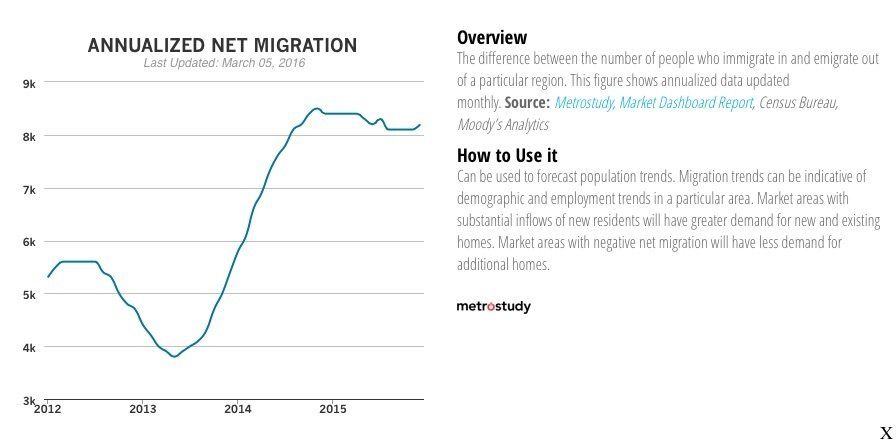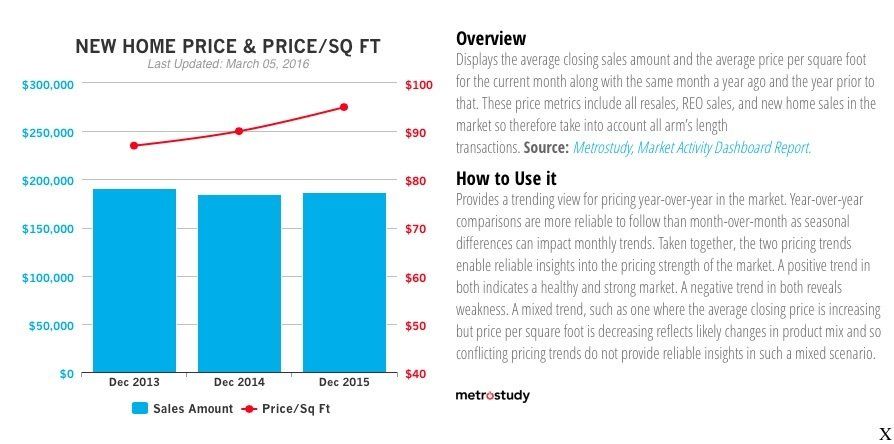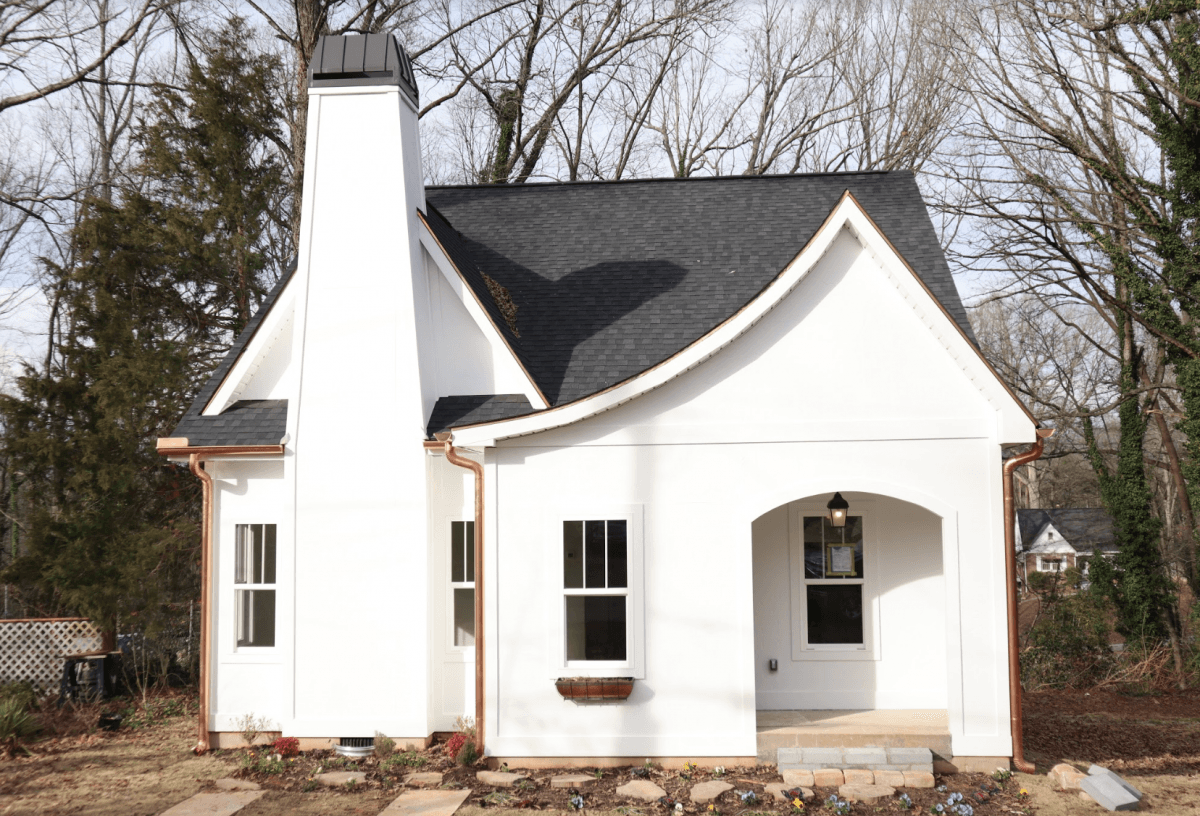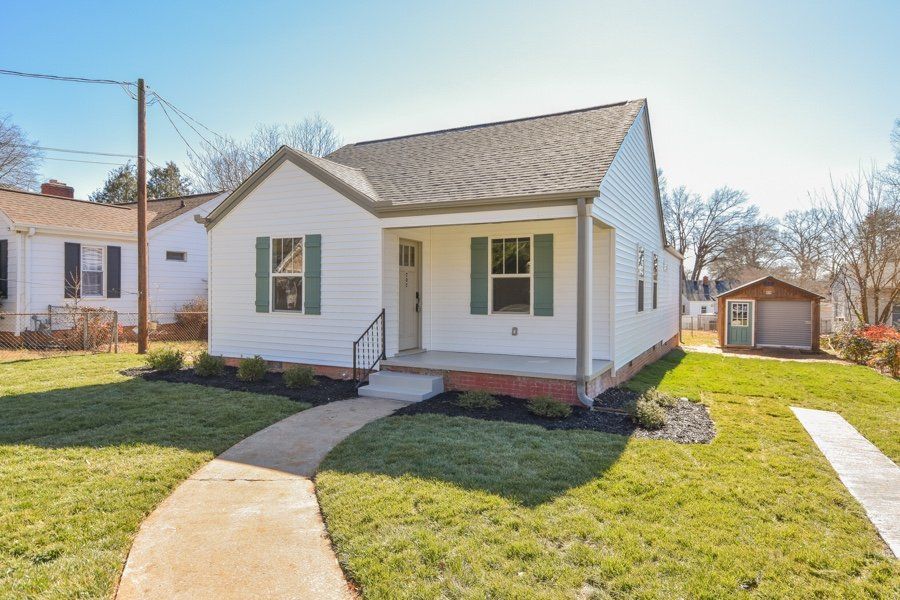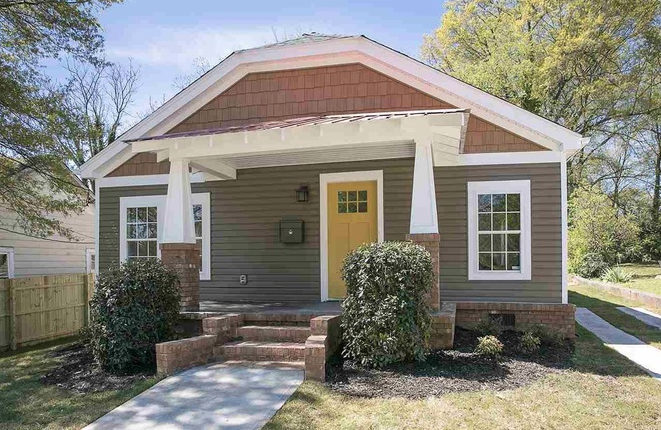“Should I Wait To Buy A House?” | Economics 101
“Next Year” always seems like a much better time to do something a little tough, particularly if that something might put you out of our comfort zone. Be it starting a new workout or the seemingly HUGE task of buying or building a new home. Recently a Facebook post by the leader of Greenville Real Estate team, The Haro Group, Haro Setian got me thinking. How much money are buyers really leaving on the table when they have a year long “think about it” session.
Over the last several months i have heard a reoccurring question, “it is a little tough to find the perfect home, should i wait to buy a house?” As a home builder I personally know that construction and land costs have continued to go up. Consequently the exact same home I could build last year would be impossible to build today for the same price. You have heard the economy has improved, you’ve heard that unemployment rates are down, you’ve even heard that Greenville, SC is one of the top places
in the country to relocate, but what does that really mean for YOU when considering buying or building a new home later
than sooner? It’s a pretty simple concept, Supply & Demand….
Supply [suh–plahy]
- Fundamental economic concept that describes the total amount of a specific good or service that is available to consumers. Supply can relate to the amount available at a specific price or the amount available across a range of prices”
realtor.com
recently released their monthly report on the Greeenville,SC market. The amount of available inventory has dropped by 10.5% year-over-year. So there are fewer homes available now than there were March of 2015. So the homes, lots and condos you see with your agent on Sunday are typically sold the following day. I heard Greenville agent, Jennifer Jagodizinski
of the Bachtel Realty Group
refer to this as a “sleep on it or sleep in it”
market when talking about some of her clients that missed out on another opportunity because they were a day late making a decision.
Demand [dih-mand, –mahnd]
- Describes a consumer’s desire and willingness to pay a price for a specific good or service. Holding all other factors constant, the price of a good or service increases as its demand increases and vice versa.
The lack of supply would not be the biggest deal if we didn’t live in #YeahThatGreenville. Greenville remains one of the top places
in the country to relocate. Featured in dozens of national publications Greenville has attracted huge corporations and new “Greenvillians” alike. Of course there are several economic indicators that impact housing demand, but for simplification sake lets just use one undeniable metric, population growth.
“Net migration” is the number of people that move to a defined area each month minus the number of people leaving. Back in 2015 Greenville, SC was averaging an addition of about 5,500 new people each month. #YeahThatGreenville now attracts about $8,000 more residents each month. So that’s about 30,000 more folks this year “demanding” places to live just like you.
So what do fewer opportunities for more people get YOU as a consumer?
Lets pretend you were thinking about buying a home last summer but decided to hold off because… well, it was just not the most convenient thing to do at the time. Had you decided to purchase then you would have paid around 7% less than you would today. As Greenville continues to grow and home production remaining steady, a natural conclusion would be; you will pay more for the same house this time next year OR you will pay the same amount for a smaller home.
Example:
(Assuming the same 7% increase in property values)
Michael buys a house for $150,000 in 2015.
Chris buys an identical home for $160,500 in 2016.
Michael decides to move and sells his house to Peter for $171,375 in 2017.
Don’t be Peter, if its building a new home
with me or buying a cool existing bungalow downtown, i think you would be wise to buy much sooner than later.
Local Housing Data Powered By
Find us on Facebook
https://www.youtube.com/watch?v=2PAVxShm-9w&app=desktop

Do you remember going to a Greenville Braves game at the Greenville Municipal Stadium? I know I do, they were such a major staple here in the city before we were the “booming metropolis” in the state. So many nights at the park with my glove, Greenville Braves hat, and a bunch of those ice creams in the upside down helmet (you know what I’m talking about). The team had their highs and lows throughout the years, with arguably their best season coming in 1992. A few of the guys on this list help guide them into the history books in becoming the Southern League’s first 100-game winner. So without further ado, here are some of the biggest names in baseball (in no particular order) to come through # yeahTHATgreenville !

Some of us remember the days before “#yeahThatGreenville,” the days when we were just little ole’ Greenville, SC. Entertainment was simple back then, anyone between the ages of 5 and 65 spent Friday nights right off of Mauldin Road at Greenville Memorial Stadium. Mauldin was home to our AA Greenville Braves, or “G-Braves” if you were local. Greats like Chipper Jones & Tom Glavine to the “shy & humble” closer from Georgia, John Rocker, those games were star-studded. Looking back on how many G-Braves actually made it to the “Bigs,” makes me even more proud of Greenville, SC. So if you are new(ish) to Greenville and want to be able to wear the Old Greenville Braves hat with confidence, here are 7 facts that should catch you up.

With the holidays literally right around the corner, you’re probably scouring shops and websites for the perfect local Christmas gift for everyone on your list. But look no further; we’ve rounded up a list of homemade, handcrafted and hand-stitched gifts made right here in our home town of Greenville, SC . This list of 9 local Christmas gifts is sure to cover everyone on your list!
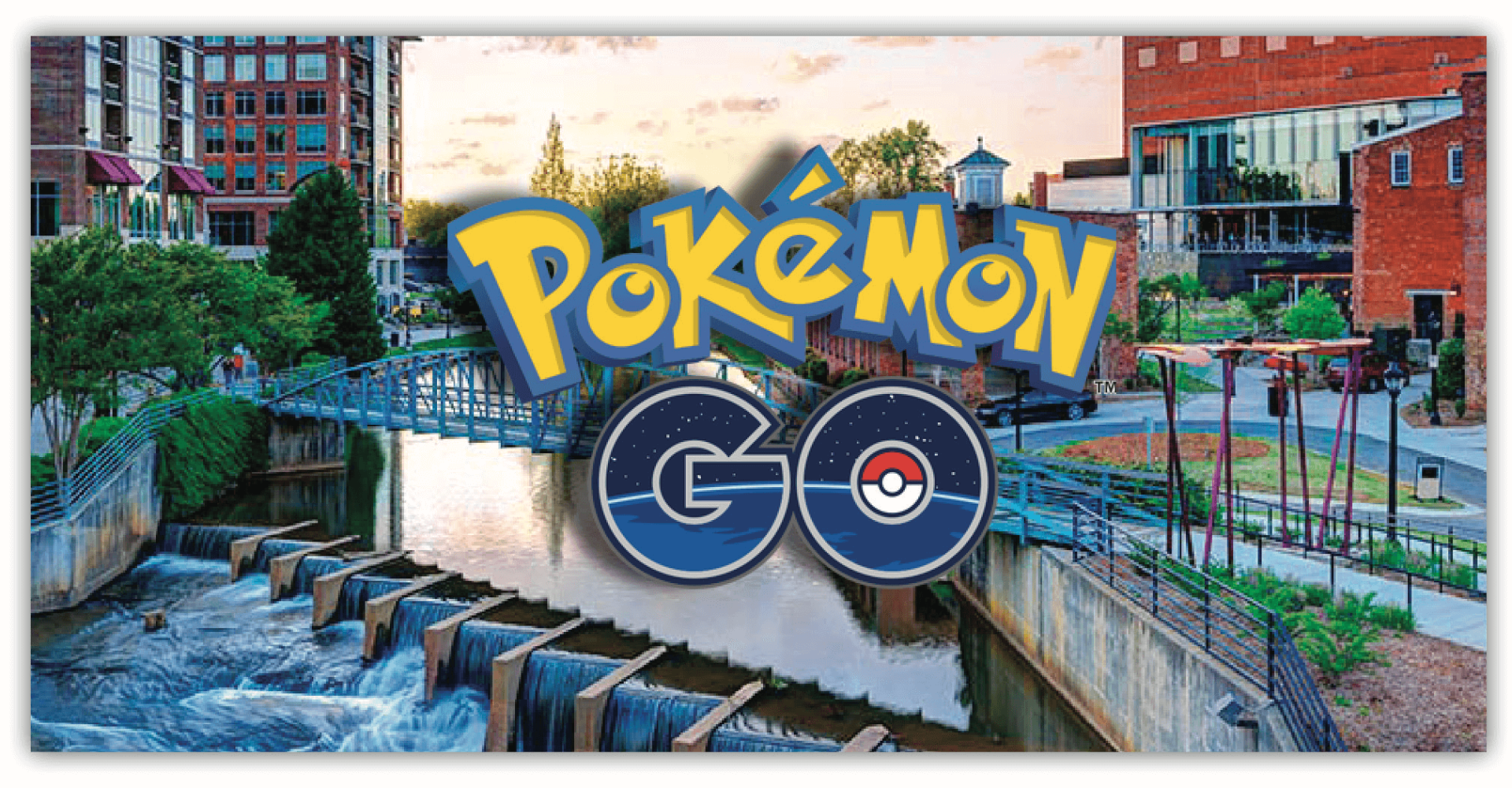
Have you caught on to the virtual gaming craze , Pokemon Go, that has revived a beloved 1990s Nintendo game and nearly knocked Twitter off its pedestal? The former kids’ gaming sensation was launched by Niantic as a mobile app for adults last week in the U.S., Australia and New Zealand. Greenville Reddit users have provided an assist for those residents wanting to scour every corner of town for “Pokemon Go” points by compiling a user-friendly Google map of about 150 Pokestops at gyms, offices and businesses across the city. If you are into Pokemon Go in Greenville make sure to head downtown, where there is an influx of pokemon, pokestops, and pokegyms. Check out the crowdsourced map below for dozens of specific locations. If you have another spot, feel free to add it to the map.
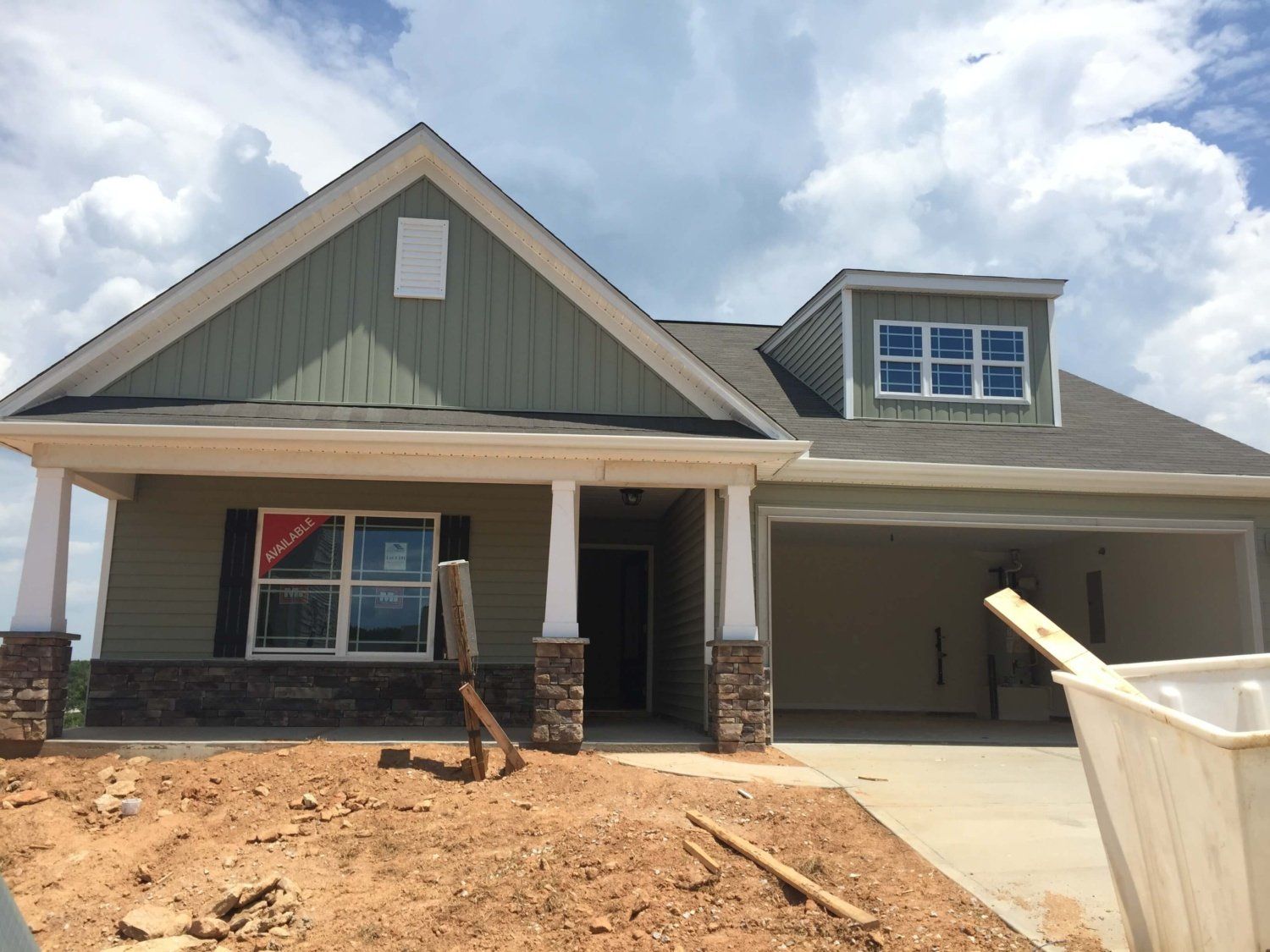
New construction is a desirable option for several reasons, but finding a new home for sale in Simpsonville, SC that is move in ready and under $200,000 is not an easy task. Here are 5 brand new homes for sale in Simpsonville, SC 29680 under 200k. From a “Charleston Style” home with tons of upgrades, to a traditional one-story with a bonus room on a cul-de- sac lot, this list has something for everyone. Currently Eastwood Homes is also contributing up to $6,000 if buyers use one of three preferred lenders. [metaslider id=18322]
